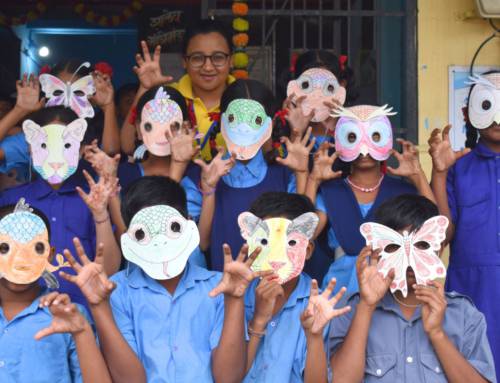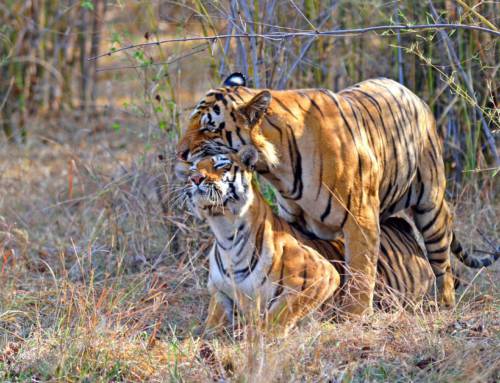Author: Simran Prasad
Key highlights:
- The study concentrated on the impacts of small hydropower projects on fish communities located in the Western Ghats.
- Fish species composition and richness differed within the study site as small hydropower projects acutely impact aquatic biota, mainly in the dry season.
- The study recommended solutions to mitigate impacts of small hydropower projects, specifically in landscapes of high conservation precedence.
Rivers provide a wealth of ecosystem services and biodiversity. Presumed as an environmentally friendly alternative, small hydropower projects (SHP) are increasingly used when compared to large dams. SHPs are small-scale and consequently have lower impacts on river flow. However, past studies have suggested that SHP adversely impact freshwater ecosystems.
Scientists from the Foundation for Ecological Research (FERAL), Advocacy and Learning, National Centre for Biological Sciences (NCBS), Wildlife Conservation Society-India and Ashoka Trust for Research in Ecology and the Environment (ATREE), sampled fish and environmental variables west of the Netravathi River, located in the Western Ghats of Karnataka, India. Two dammed and one undammed tributaries were selected as test and control sites, respectively. The data were analysed to look at the impact of SHP on the shape and size of water channels. The authors also assessed the influence of SHP on water chemistry, fish community composition, richness and diversity.
The study concluded that river water chemistry and the composition and diversity of freshwater fish communities were significantly altered. The SHPs in the Western Ghats are responsible for the changes in the diversity of fish communities. Fish species composition was different between dammed and undammed sites, with dammed segments containing lower fish species richness than undammed segments. In the Western Ghats, SHP have created barriers, changed water quality and reduced habitat availability further affecting fish communities.
The study identified a suite of conservation steps to preserve the ecological integrity of the Western Ghats. These involve mitigation measures, such as the translocation of fish to downstream areas. Mitigation measures should also focus on robust monitoring protocols, which are imperative to guide operational changes. In tropical landscapes resembling the Western Ghats, the maintenance of freshwater ecosystems is vital to enable the conservation of fish diversity in riverine ecosystems.
Original research article: Fish community responses to streamflow alterations and habitat modifications by small hydropower projects in the Western Ghats biodiversity, India – Suman Jumani, Shishir Rao, Nachiket Kelkar, Siddarth Machado, Jagdish Krishnaswamy, Srinivas Vaidyanathan.
You can access the original article here.



